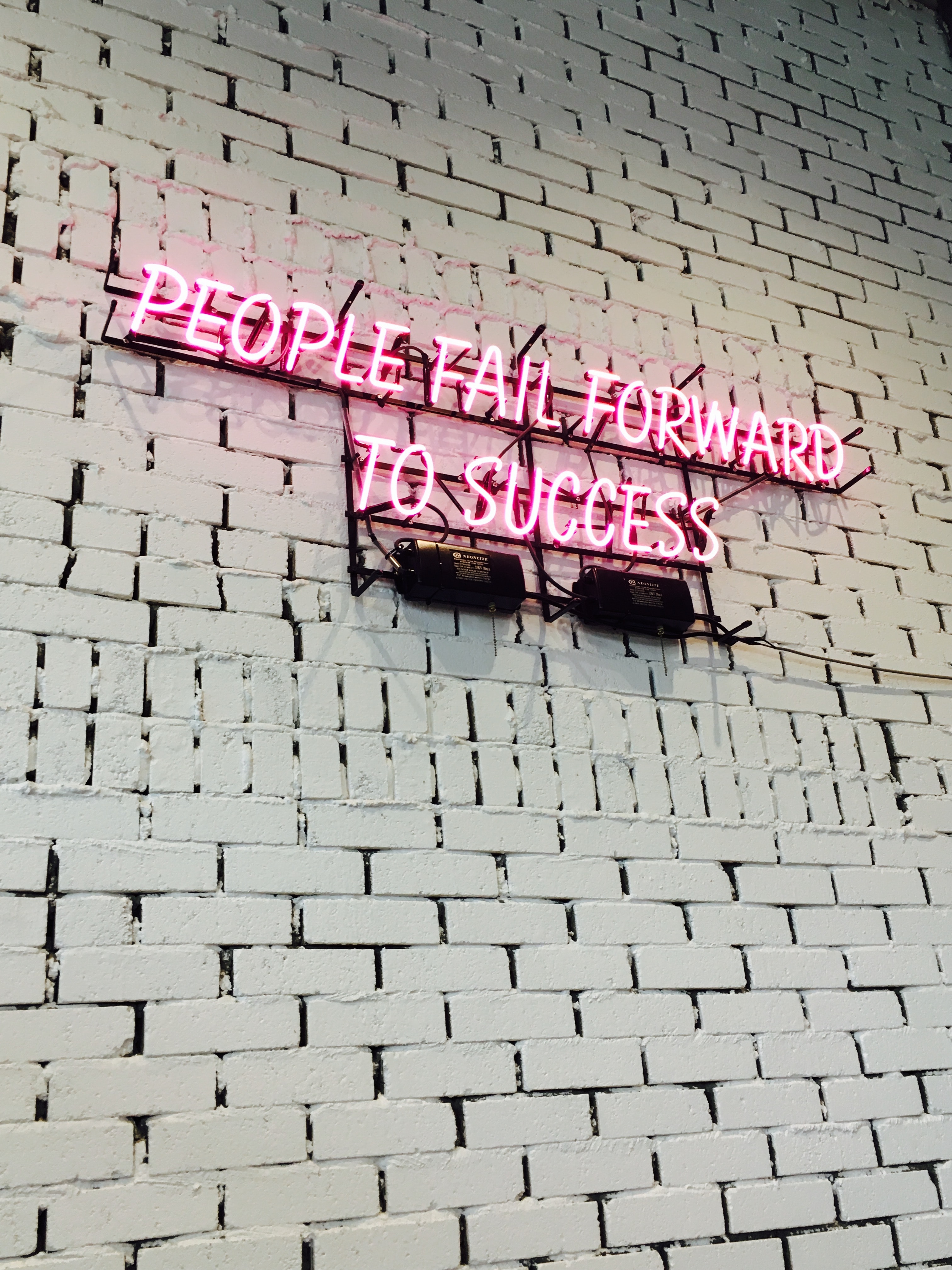“Failure is the condiment that gives success its flavor.”—Truman Capote
When you fail, say, “Hallelujah! Glad I got that over with.”
I know. I know. You think I’ve lost it, right? But I haven’t. This is a counter-intuitive but highly tested approach to defeat. And it works. Here’s what I mean.
If you tried to collect all the tears shed by successful people who failed before building their careers, they would fill an ocean. There are days when hopelessness sets in after a failure to achieve a goal: an impossible deadline, a lousy review from your boss, a missed promotion or the rumble of your own self-doubt. You tell yourself you want to give up, but you don’t really want to quit. You just want the hurt and disappointment to stop, understandably so. At the time that might feel like the only option, but it isn’t. Perhaps you haven’t actually failed. Chances are, “failure” is what you call it when you don’t meet your career expectations, things don’t turn out the way you planned, or you’re simply traversing a valley that everyone goes through before reaching the mountain of success. Failure is heartbreaking, but it can also be an impetus to keep going. If you’ve never failed at something, how do you know when you’ve succeeded?
Failure Brings You Closer To Success
Baseball great Babe Ruth, arguably one of the best ball players of all time, said, “Every strike brings me closer to the next home run.” You can use Ruth’s wisdom in your pursuits when you “fail.” All successful people have smack down moments before and after they “make it.” When you face defeat, your outlook is everything. Failure is a frame of mind. When you call yourself a failure, you start to feel, think, and behave like one. As long as you’re still trying and haven’t quit, you haven’t failed. You fail only when you choose to put that label on yourself. When you feel as if you’ve failed, remember that you’re strong in those broken places, building firepower to succeed in your next career challenge. Each time you fail better than the time before, you build a stronger backbone. In the words of novelist J.K. Rowling, author of the Harry Potter series, “Failure is so important. We speak of success all the time. It is the ability to resist failure or use failure that often leads to greater success.”
Cultivate A Growth Mindset
The buzz among psychologists is a phenomenon known as a growth mindset, basically a winning frame of mind that defeat happens for you, not to you. If you’re a successful career climber, you never give up. You welcome obstacles, setbacks and disappointments—no matter how painful, frustrating, big or small—as opportunities to grow and learn instead of as defeat. You think of failure as your personal trainer, asking yourself, “What can I learn about myself from this letdown that will help me grow?” or “What can I manage or overcome in this situation?” or “How can I turn this disappointment around to benefit my career?” You view success and failure as a package deal—like a hand and glove, milk and cookies, flipsides of the same coin—twins, not enemies. You understand that avoidance of failure morphs into avoidance of success. You realize that in order to attain what you want, you must be willing to accept what you don’t want. Acceptance motivates you to get up, one more time than you fall, take the towel you want to throw in, wipe the sweat from your brow and keep plugging away. Once you start to accept failure as an essential stepping-stone to job success, you give yourself permission to make the mistakes necessary to get where you want to go. If you want to be a successful leader, you learn from mistakes to make you stronger until you find the success you desire. Your growth mindset makes you as willing to embrace failure when it comes, as you are to accept success when it happens. The more you accept failure, the more opportunities you have to accept success and bounce back higher than you fall. And every time you fail—instead of giving up—try to do what every successful person before you did: keep swinging with your winning mindset until you hit your dreams out of the park.


